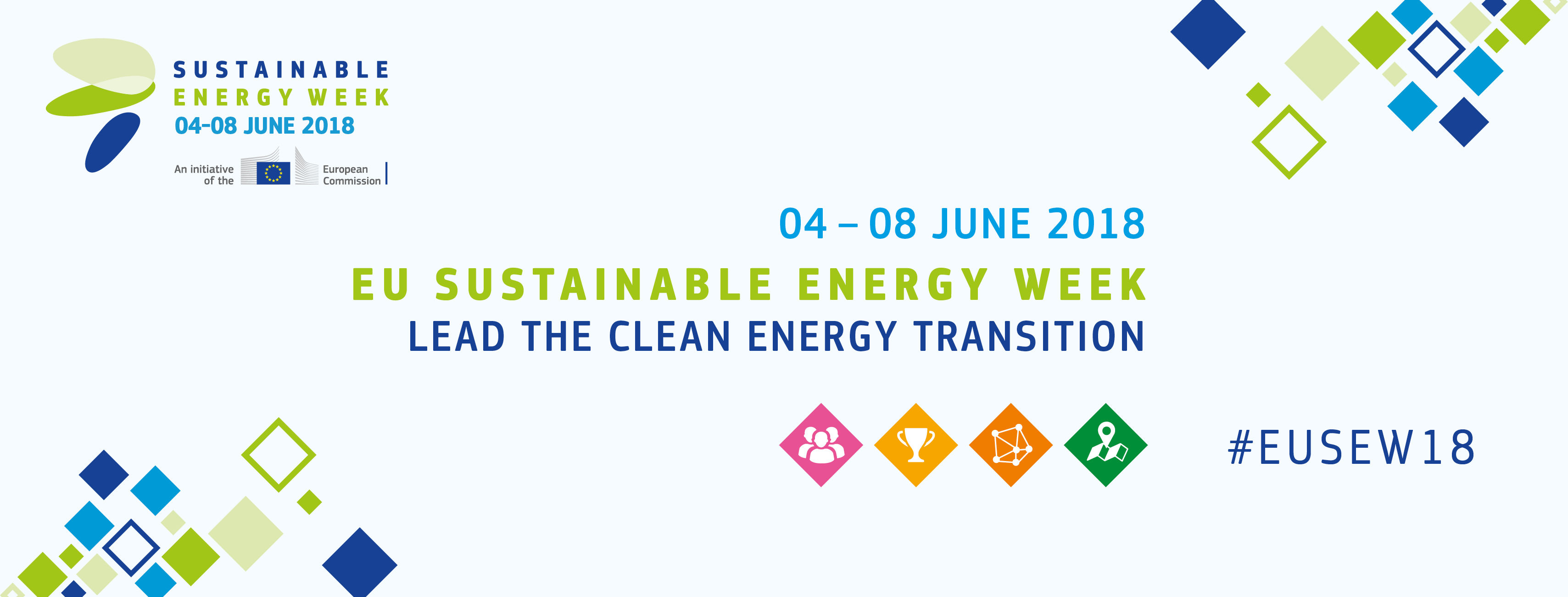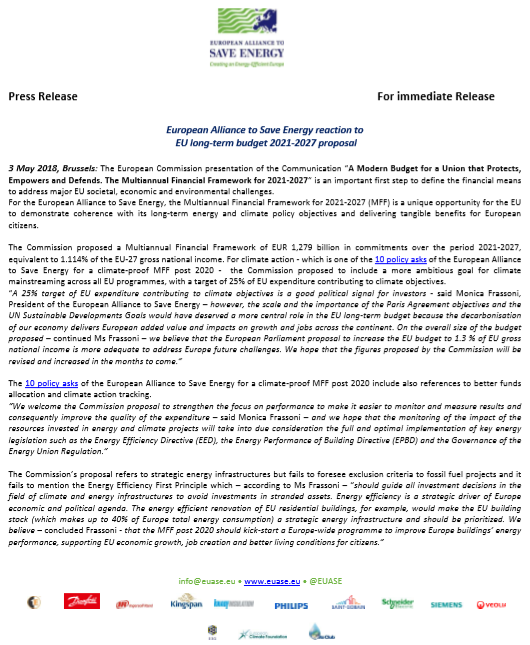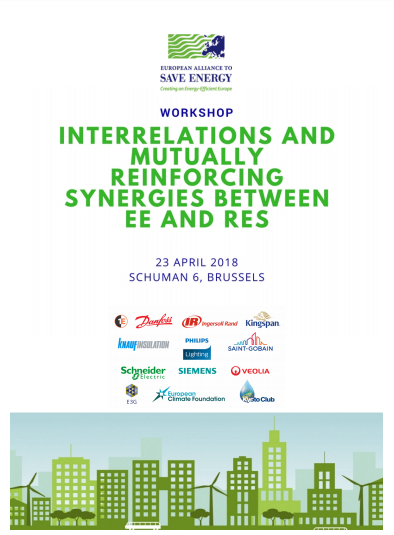After Brexit, A Quarter Of The EU’s Budget Will Go To Climate Protection

After Brexit, A Quarter Of The EU’s Budget Will Go To Climate Protection
The European Union is about to get smaller. If the UK leaves the bloc as planned next year, the EU’s population will shrink by 13%. But the EU’s budget is set to increase by 1.1%.
The European Commission, the EU’s executive branch which put forward the proposed post-2020 budget yesterday, says the post-Brexit budget needs to stay the same size if the bloc wants to accomplish its ambitious goals. Some areas of spending perceived as wasteful are being cut, such as farming subsidies and aid to poorer regions, which have been plagued by local corruption. Other areas, including external border defence, research, education and climate protection are getting a major boost.
A quarter of the €1.279 trillion budget for 2021 to 2027 will be dedicated to spending designed to combat climate change. That includes funding for renewable energy, efficiency improvements, and adaptation to the effects of climate change. It will also go to aid for developing countries outside Europe to help them fight climate change. This is up from the 20% dedicated in the current budget cycle.
The move has been welcomed by business associations who will benefit from the funding. MEP Monica Frassoni, president of the European Alliance to Save Energy, says it’s a “good political signal for investors”.
However, she adds that the good will of the target can be undone by loose definitions of what constitutes “climate protection” and improper supervision of how funds are spent. This has been a problem in the current budget cycle. The new proposal, which must still be unanimously approved by the remaining 27 EU member states and the European Parliament, therefor proposes new monitoring mechanisms.
But Frassoni adds that while the quarter spending target is all well and good, the problem is with the other 75%. This is a sentiment shared by many analysts and environmentalists.
“The remaining 75% of spending must also be brought in line with EU climate goals,” says Jonathan Gaventa, an analyst with the climate consultancy E3G. Continuing to fund fossil fuels will present a huge liability to the European taxpayer.”
Source: forbes.com
In a fast-changing political and economic environment, 2025 was a year of continued efforts to strengthen security, stability, and competitiveness for European businesses.
Throughout the year, our work demonstrated that energy efficiency is not only essential to achieving climate goals, but also a key driver of innovation, energy independence and sustainable long-term growth across Europe.
Strong engagement with policymakers, combined with the successful organisation of the 4th European Energy Efficiency Day, highlighted the importance of collaboration and dialogue in advancing shared objectives. Partnerships across sectors and institutions remained central to delivering impact and shaping effective energy policies.
Looking ahead to 2026, we will intensify our efforts to secure the regulatory certainty that can accelerate the energy transition, while providing businesses with the investment confidence they need and strengthening Europe’s competitiveness.
Read the full Activity Report here.





